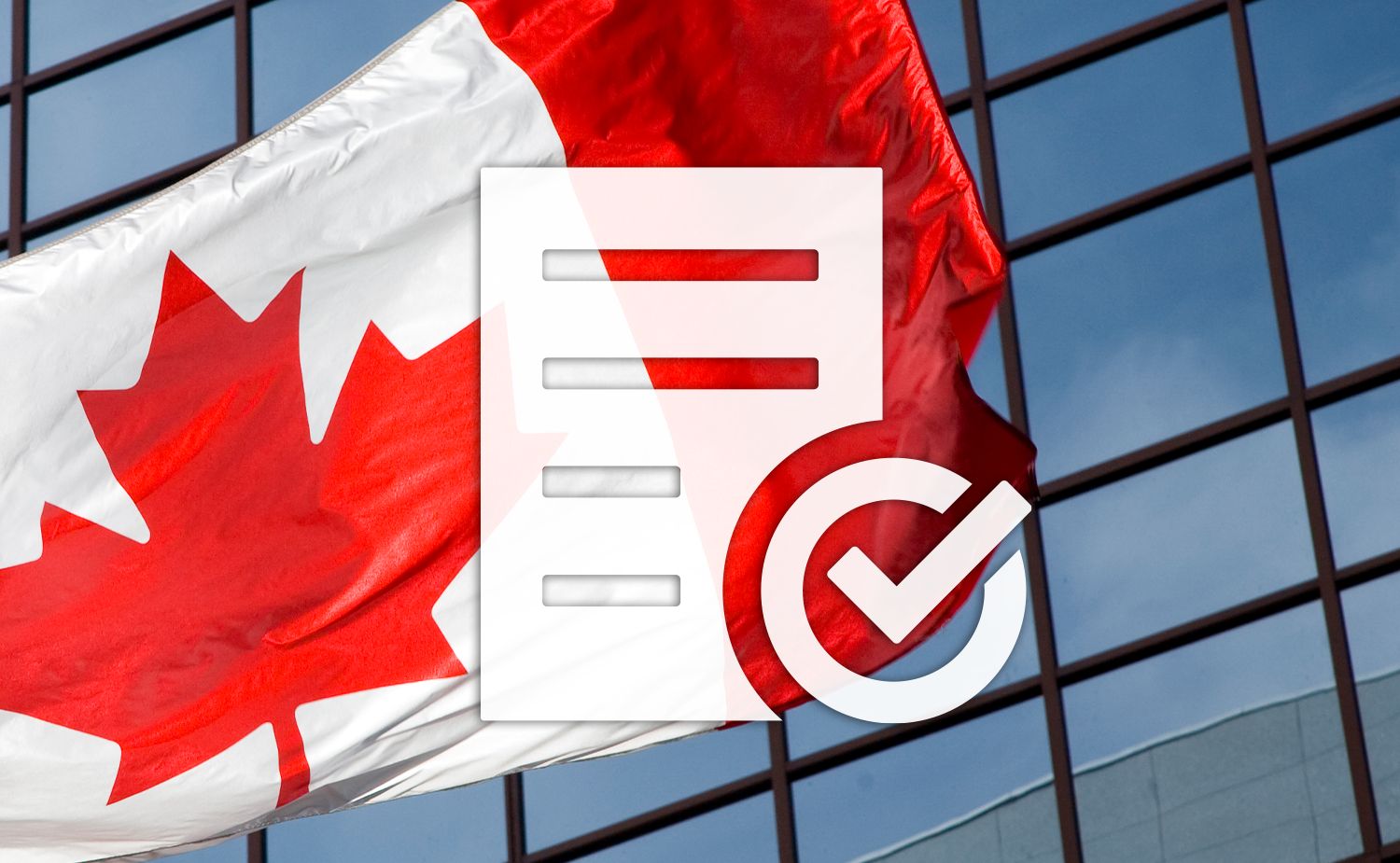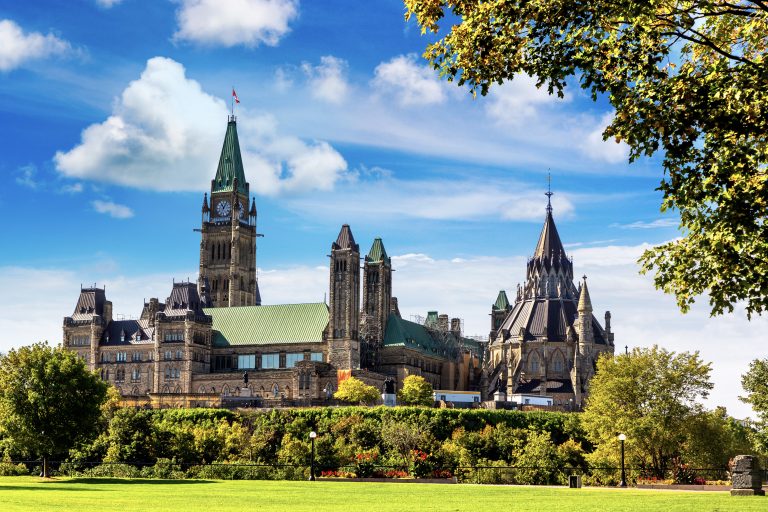News /
Joint Letter to Deputy Ministers: Economic considerations regarding the implementation of a Tobacco Recovery Fee
Joint Letter to Deputy Ministers: Economic considerations regarding the implementation of a Tobacco Recovery Fee
We are writing regarding the federal government’s intent to implement a Tobacco Recovery Fee (TRF). Our associations’ membership includes companies that are concerned about the abruptness of the implementation and how it will be enacted amongst affected companies.

Michael Sabia Stephen Lucas
Deputy Minister, Finance Canada Deputy Minister, Health Canada
Dear Deputy Ministers:
We are writing regarding the federal government’s intent to implement a Tobacco Recovery Fee (TRF). Our associations’ membership includes companies that are concerned about the abruptness of the implementation and how it will be enacted amongst affected companies.
Our members have taken note of the mandate letter of the Associate Minister of Health, which includes an intent to “require tobacco manufacturers to pay for the cost of federal public health investments in tobacco control.” While we recognize the fee is stated to cover the costs of Health Canada’s Federal Tobacco Control Strategy (FTCS), we believe there are many unanswered questions that must be addressed before it should be enacted.
At an overall level, the proposal does not recognize the fact that a notable proportion of Canada’s tobacco market is made up of contraband products due to the price differential between those illicit products and the regulated market. A dynamic that will be accentuated by the implementation of the TRF, atop of the $400 million tax increase that came out of Budget 2021. Additionally, we have concerns about targeting specific industries with taxation measures that influence consumer consumption habits that set a precedent for a proliferating patchwork of approaches versus consistent and predictable measures for consumer products.
Should the federal government decide to move forward with this bespoke fee, we urge there to be engagement with industry to address the design of this fee given substantial unanswered questions:
- Foremost among these is the scope of application. We urge the federal government to apply the TRF on the tobacco industry equitably and in a manner that includes manufacturers of all tobacco products in Canada. We request that all manufacturers be independently audited on a regular basis to account for how much product they are putting into the Canadian market. Some are currently producing volumes that exceed what is reported and taxed.
- There also needs to be predictability in how the tax will be adjusted going forward in terms of rates and amounts. This is essential for tax planning purposes.
- Companies also need to understand for their tax planning purposes how the fee will be recovered. For example, companies need to know whether this will be remitted on an annual, semi-annual, or quarterly basis.
- The industry and Canadians also need greater awareness of how the tax will be used towards the Canada’s goal of reducing the smoking rate to 5% or less by 2035.
- The TRF’s application should also consider how its application could incentivize companies to increase development of non-combustible nicotine products to provide alternatives for those who wish to stop smoking cigarettes
Lastly, any discussions about the TRF should not occur in isolation. It should be emphasized that the industry seeks to have a discussion alongside the TRF about a commitment to improved, and published, service standards for engagement with Health Canada on issues relating to regulations, product development, and auditing.
As the government prepares for Budget 2022, we hope this underscores the substantial design and implementation issues involved with the TRF. We urge the government to engage openly with industry on the practicalities to ensure we are working towards public health objectives in the appropriate manner rather than rushing those ahead. Industry and Canadians need to transparently understand how and where the TRF is invested as part of the FTCS.
Thank you for your consideration of this important issue and we would be pleased to provide further perspectives as you prepare Budget 2022.
Sincerely,
Mark Agnew
Senior Vice President, Policy and Government Relations
Canadian Chamber of Commerce
Matt Poirier
Director, Trade Policy
Canadian Manufacturers & Exporters
Charles Milliard
Chief Executive Officer
Fédération des chambres de commerce du Québec (FCCQ)
Cc: Hon. Dr. Carolyn Bennett, P.C., M.D., M.P., Minister of Addictions & Mental Health
Other News

Canadian Chamber Statement on Immigration Targets Cuts

The Small Businesses Projecting Growth Aren’t Those You Expect, Says Canadian Chamber Report




